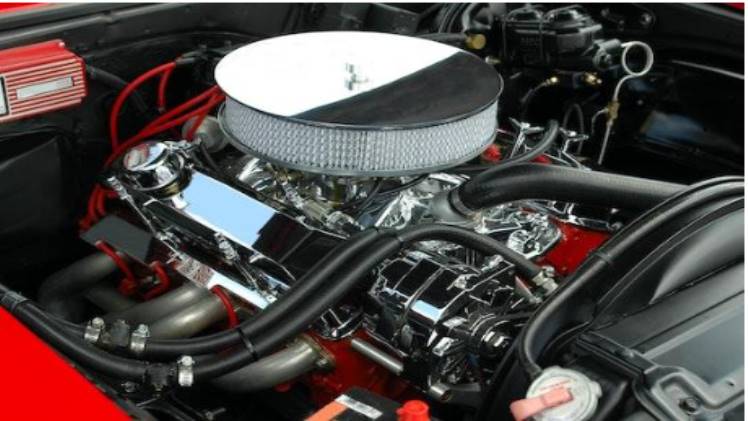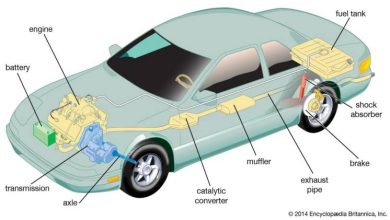6 Common Engine Problems and How to Fix Them

So, picture this: you’re cruising down the highway, tunes blasting, wind in your hair, when suddenly, your car starts acting up. Maybe it’s making weird noises, guzzling gas like there’s no tomorrow, smooth industrial machinery tyres or even puffing out mysterious smoke. It’s enough to make anyone nervous, right?
To give you an idea, here are some common engine problems that you might have to deal with.
Strange Noises:
Ever heard your car make a sound that just didn’t seem right? Maybe it’s a weird knocking, ticking, or hissing that’s got you scratching your head. Don’t worry; you’re not alone in this noisy world of automotive mysteries. These sounds could mean anything from worn-out belts to low oil levels or loose parts. So, pop open that hood and take a peek. Start by checking your oil levels and inspecting belts for any signs of wear and tear. If the problem persists, it might be time for a visit to the mechanic for further diagnosis and engine repair, maybe even some part replacement.
Overheating:
So, your temperature gauge is creeping into the danger zone, huh? Engine overheating can really put a damper on your road trip vibes. It could be caused by a faulty thermostat, coolant leaks, or a radiator fan that’s decided to take a vacation. To prevent serious damage, pull over immediately if you notice your engine overheating. Check coolant levels and look for any leaks under the hood. If everything seems fine, it’s best to seek professional help to avoid potential engine meltdown.
Poor Fuel Efficiency:
Is your wallet feeling a little lighter lately thanks to all those trips to the gas station? Poor fuel efficiency can really put a dent in your budget. Dirty air filters, faulty oxygen sensors, or spark plugs that have seen better days could be to blame. Consider giving your engine a tune-up by replacing air filters, oxygen sensors, and spark plugs to improve fuel efficiency and performance. Your wallet will thank you later!
Excessive Smoke:
Seeing smoke billowing out of your exhaust can be alarming, to say the least. Different colored smoke can indicate various problems. For instance, blue smoke suggests burning oil, white smoke could mean coolant is leaking into the combustion chamber, and black smoke indicates a rich fuel mixture. While minor issues like worn piston rings can cause blue smoke, more serious problems like a blown head gasket could be the culprit behind white smoke. Regardless of the color, excessive smoke warrants immediate attention from a mechanic. Don’t ignore it; your engine will thank you later.
Engine Misfire:
Is your engine sputtering, shaking, or jerking like it’s got a mind of its own? That’s no good! It could be experiencing misfires caused by issues like faulty spark plugs, ignition coils, or fuel injectors. A misfiring engine can lead to reduced performance, increased emissions, and potential damage to the catalytic converter. Diagnosing and fixing the root cause of the misfire is crucial to ensure smooth engine operation. Trust us; your engine will purr like a kitten once it’s sorted out.
Check Engine Light:
It’s like the car’s way of saying, “Hey, something’s not quite right here.” While it can illuminate for various reasons, ranging from minor issues like a loose gas cap to more serious problems like a failing catalytic converter, it’s essential not to ignore it. Invest in an OBD-II scanner to retrieve trouble codes and pinpoint the underlying issue. From there, you can decide whether it’s something you can fix yourself or if it requires professional intervention. Your engine will thank you for the TLC!




